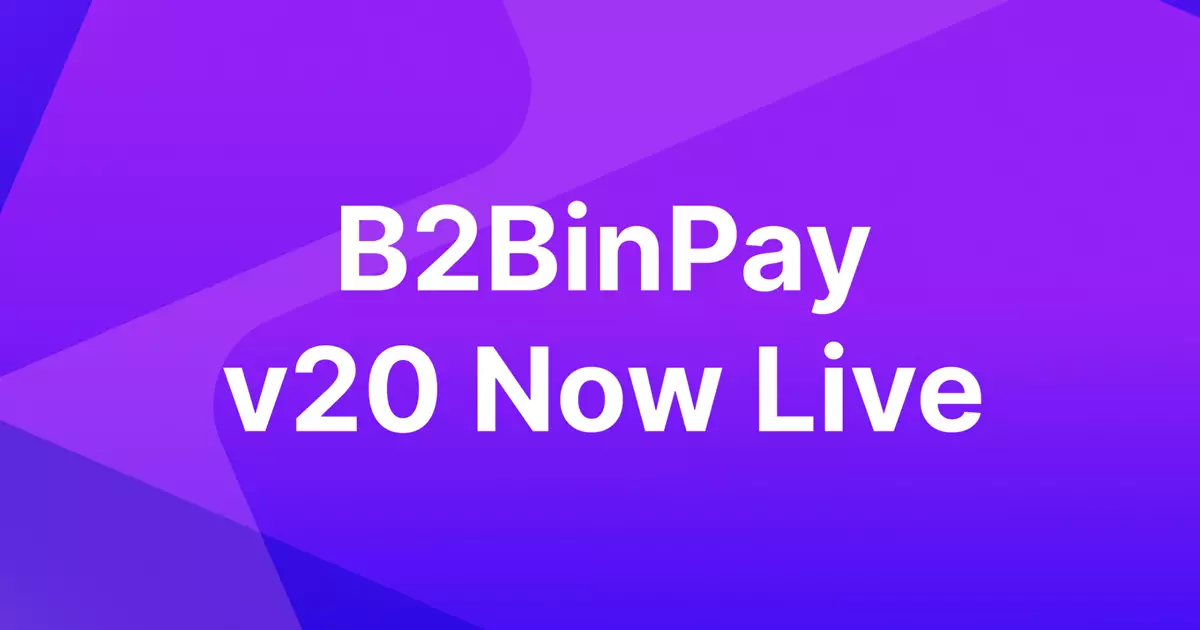The latest version of B2BinPay has brought a significant enhancement in the form of TRX staking. Leveraging the advanced Stake 2.0 mechanism from the TRON community, this new feature offers increased flexibility, simplified user interactions, and enhanced efficiency in resource delegation and utilization. By staking TRX, B2BinPay clients can earn a passive annual yield of 3-5%, subject to network conditions. Moreover, staking TRX helps reduce transaction fees on the TRON network by converting staked TRX into Bandwidth and Energy, essential network resources that optimize transaction efficiency and lower operational costs for businesses and individuals alike.
Building on its existing integrations with Polygon and Avalanche, B2BinPay v20 has further expanded blockchain support by adding Optimism, Arbitrum, and Base. These additions provide native support for stablecoins and offer users more transaction options. Optimism functions as a Layer 2 solution that enhances the scalability of the Ethereum main network by consolidating transactions and significantly reducing fees. Arbitrum, on the other hand, is an Ethereum scaling solution that supports higher transaction volumes at lower costs, making it easier for developers to deploy DApps. Base, developed by Coinbase, utilizes Optimism’s OP Stack for enhanced EVM compatibility, supporting stablecoins and simplifying code deployment across Ethereum and compatible blockchains.
With the expanded blockchain support, B2BinPay now offers increased transaction options for USDT and USDC across various networks, including Ethereum, Binance Smart Chain, Tron, Avalanche, Polygon, Optimism, Arbitrum, and Base. This expanded network coverage allows users to match the appropriate blockchain technology to their specific business needs. For instance, if a user requires withdrawal in a currency not immediately available, B2BinPay enables swift conversion of assets into the required currency, addressing any associated transaction costs. Moreover, by combining USDT across multiple blockchains into a single swap wallet, clients can reduce the cost of transactions and withdraw funds using any available blockchain, further optimizing costs.
Future Outlook: Algorand and Solana Integration
Looking ahead, B2BinPay has announced plans to introduce Algorand and Solana in its next release. This expansion will increase the total number of blockchains supporting stablecoin transactions to ten, including the existing networks such as Tron, Ethereum, Binance Smart Chain, Avalanche, Polygon, Optimism, Arbitrum, and Base. By staying connected with B2BinPay and utilizing its modern blockchain payment processing solutions, businesses can optimize their potential and adapt to the ever-evolving landscape of digital transactions.
The latest updates to B2BinPay have brought significant improvements in terms of TRX staking, expanded blockchain support, and enhanced transaction options for stablecoins. By leveraging these new features and staying informed about upcoming integrations, businesses can streamline their payment processes, reduce costs, and stay ahead of the curve in the fast-paced world of blockchain technology.
















Leave a Reply